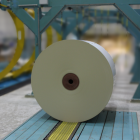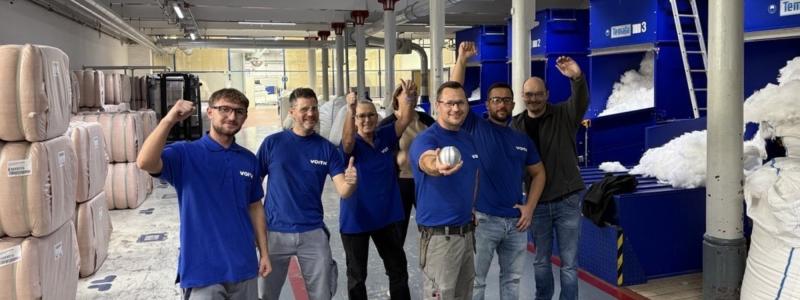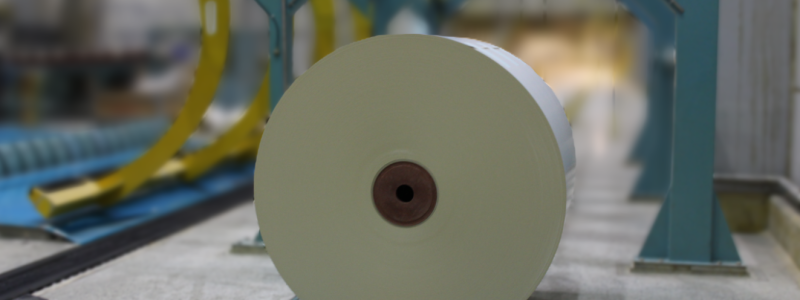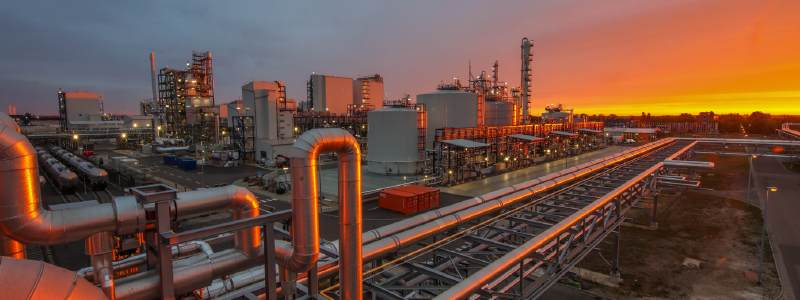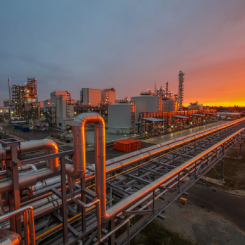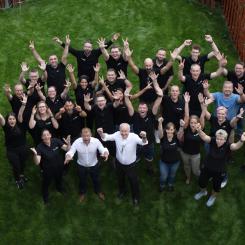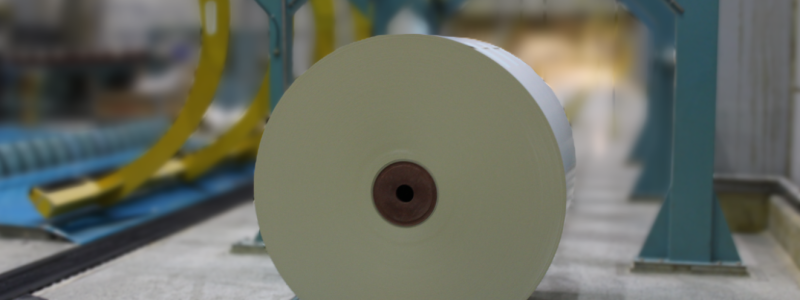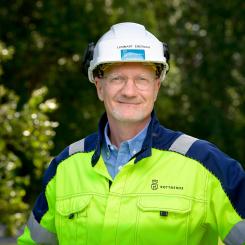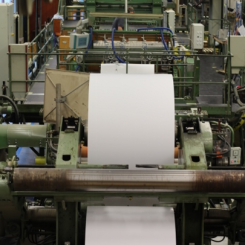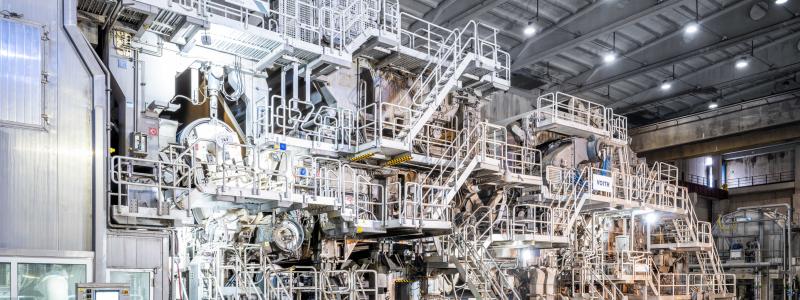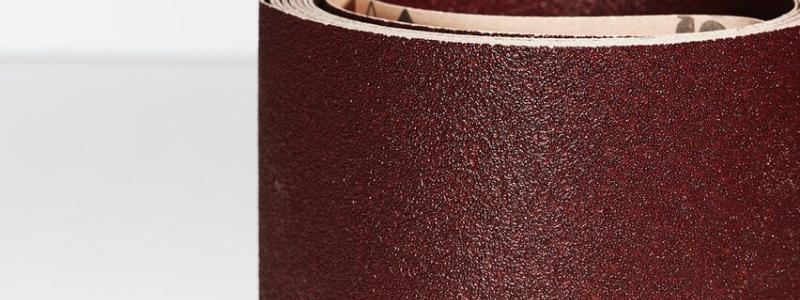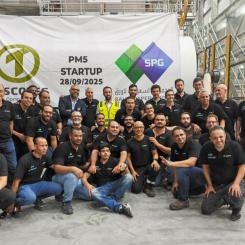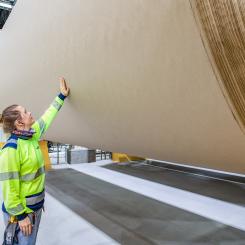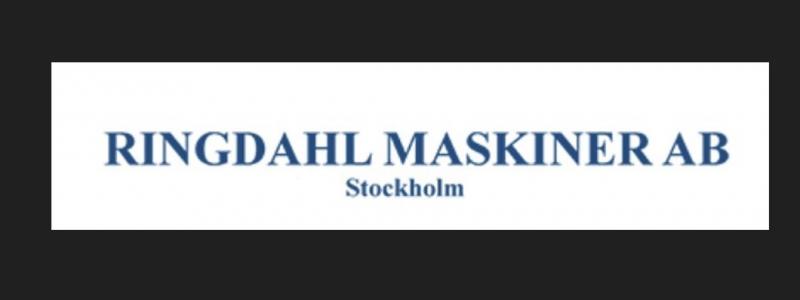Maple Leaf Reforestation Inc. recently announced that it has signed an exclusive Agency Agreement with a private U.S. ethanol technology patent holder (the "U.S. Group") permitting it to exclusively market and sell its products and patents that produce cellulosic ethanol as well as certain rights to a patented process for creating enzymes, in China. Maple Leaf will receive a 5% commission for any amounts paid to the U.S. Group by Chinese entities introduced to the U.S. Group by Maple Leaf.
Cellulosic ethanol is part of a worldwide move toward second generation bio-fuel using agricultural and forest waste as feedstocks, but enzymes are required to break cellulose down into sugars, which are converted into ethanol. The U.S. Group's process generates more ethanol per ton of feedstock than competitors, and requires far less water, heat and pressure. The U.S. Group has an advantage of producing low cost enzymes for cellulosic ethanol production. Bio-fuel made using this patented process is competitive with ordinary gasoline and costs less than $1/gallon to produce (ethanol selling price in China is presently US$1.65/gallon). The U.S. Group's cellulosic ethanol produces 84 percent less greenhouse gas than fossil fuels even after accounting for the energy needed to produce and transport the feedstock. It generates 7.7 times more energy than is required to produce it. Corn ethanol typically generates 1.3 times more energy than is used producing it.
China, the third-largest ethanol producer after the United States and Brazil, has announced a 5 trillion Yuan (US$736 billion) investment plan on clean energy in the next decade, aiming to lift the non-fossil fuel component of its supply to 15 percent of its total primary energy demand by 2020, from under 8 percent last year. It also targets a reduction in carbon intensity, or the amount of carbon produced per unit of GDP, of between 40 and 45 percent by 2020, as compared to 2005. China produces between 600 million and 800 million tons of agricultural waste every year, only a small amount of which is recycled and used to generate power. China plans to blend 10 million tons of ethanol into gasoline by 2020, but its current annual production rate is about 1.35 million tons, mostly using corn and wheat as feedstocks. In addressing its rapidly expanding demand for fuel, China, as the world's leading developing economy, has the opportunity to become a global leader in promoting and applying sustainable energy technologies and strategies, including the production and use of cellulosic ethanol.
Perry Lee, VP of Biofuel and Waste Oil Project Development of Maple Leaf, has been designated to head this initiative for the Company. Mr. Lee has prior experience in the bio-fuel industry and a background in chemical engineering. He will be instrumental in laying the groundwork for a successful product launch in China. Mr. Lee comments, "We are very excited to have been selected by the U.S. Group to act as its exclusive agent in China. The U.S. Group has been approached by numerous ethanol producers around the world that want to utilize its industry leading technologies. We hope to be able to facilitate the implementation of the U.S. Group's technologies into China. We are looking forward to visiting the U.S. Group's demo project in the near term to better grasp its processes and thus be better able to market its products to the China ethanol industry."


